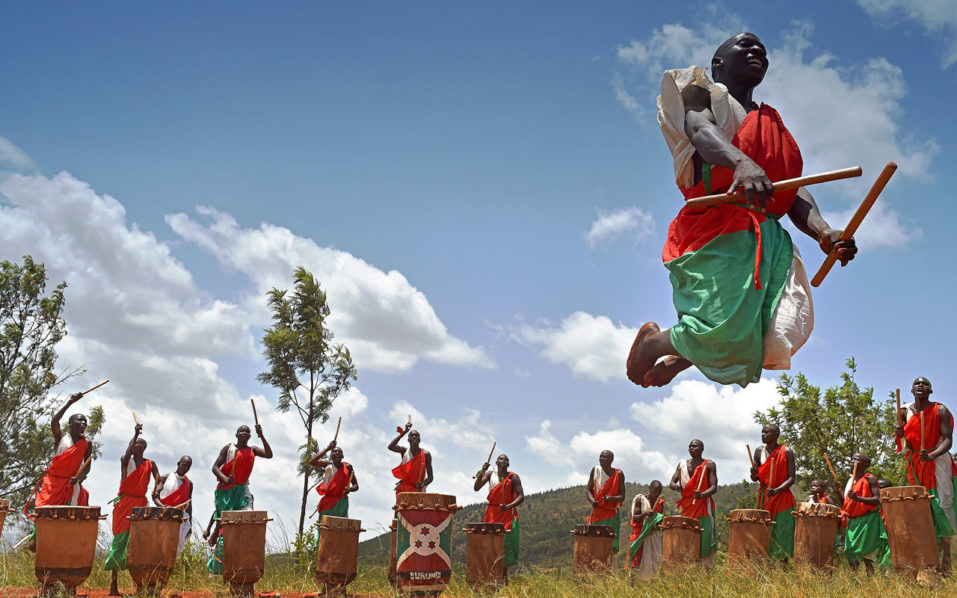
Burundi women banned from playing traditional drums

Female drummers have been banned by Burundi President Pierre Nkurunziza, who has introduced strict controls over the country’s renowned drumming rituals.
Alongside the ban, President Nkurunziza has also limited the drumming tradition to official events.
“It is strictly forbidden to those of the female sex to beat drums. They can however carry out female folk dances accompanying the drums,” local media reportedly read from a decree on Thursday, which was signed late last month.
Groups seeking to perform “cultural shows” must now register with the Ministry of Culture and are not allowed to perform outside of official ceremonies without authorisation from the ministry.
On UNESCO’s Intangible Cultural Heritage list since 2014, Burundi’s ritual dance is described on the report as “a spectacle combining powerful, synchronised drumming with dancing, heroic poetry and traditional songs.”
It says the “entire population of Burundi recognises it as a fundamental part of its heritage and identity.”
For centuries drum rituals were a sacred rite, symbolic of a united kingdom. However, modern drumming groups have flourished as entertainment, performing at weddings, graduation ceremonies and baptisms.
While traditionally a male-dominated field, several female drumming groups have emerged in recent years.
The presidential decree, signed on October 20, said that if an organiser gets permission to have drummers perform at an event, he must pay the Treasury a fee equivalent to $280.
This figure is to be paid daily if the group performs abroad.
Burundians on Twitter slammed the decree as an “authoritarian slide” and a “sign of increasing efforts to control Burundian society”.
“This decree means the drums no longer belong to Burundian citizens but to the government”, said Pacifique Nininahazwe, an exiled civil society leader.
UNESCO is yet to comment on the ruling.






